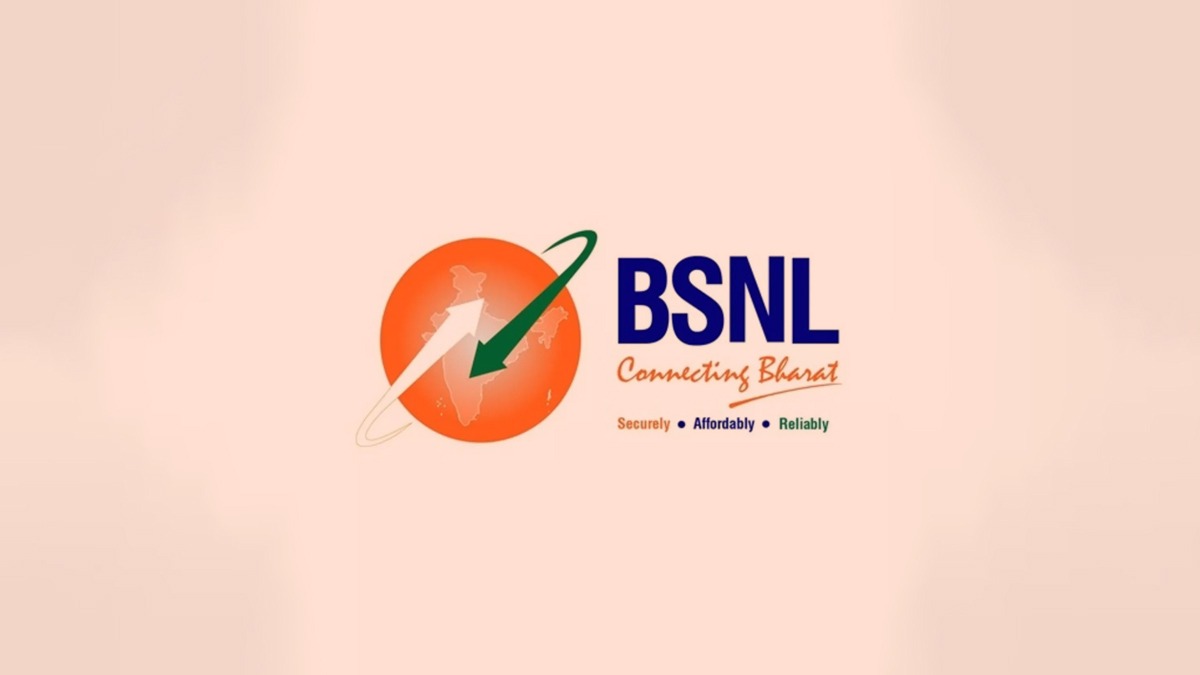
Follow WOWNEWS 24x7 on:

In a major step toward modernizing India’s telecom infrastructure, Bharat Sanchar Nigam Limited (BSNL) has soft-launched its eSIM services in Tamil Nadu, joining the ranks of private operators like Reliance Jio, Bharti Airtel, and Vodafone Idea. The launch, timed with Independence Day 2025, marks BSNL’s entry into the digital SIM space and sets the stage for a phased nationwide rollout in the coming months.
This strategic move is part of BSNL’s broader push to align with Digital India goals and offer secure, future-ready connectivity to its nearly nine crore mobile subscribers.
Key Highlights from the Launch
- BSNL’s eSIM service enables mobile activation without a physical SIM card, using secure QR code provisioning
- The soft launch is currently limited to Tamil Nadu, with pan-India expansion planned in phases
- Customers can activate eSIMs at BSNL customer service centres via digital KYC and one-time QR code issuance
- The service supports dual-SIM functionality and is compatible with recent smartphones and wearables from major OEMs
- Both new users and existing BSNL subscribers can opt for eSIM or migrate from physical SIMs
How BSNL eSIM Works
During the soft-launch phase, customers with eSIM-capable devices can visit their nearest BSNL customer service centre with valid ID proof. The activation process includes:
1. Digital KYC verification by BSNL staff
2. Issuance of a one-time QR code unique to the customer
3. Scanning the QR code on the device to download and install the eSIM profile
Users are advised to keep Wi-Fi or mobile data enabled during activation and to avoid sharing the QR code, which is single-use and device-specific.
Advantages of BSNL’s eSIM Offering
- Instant Activation: Eliminates delays associated with physical SIM card delivery and setup
- Enhanced Security: eSIMs are harder to clone, misplace, or damage compared to traditional SIMs
- Dual-SIM Flexibility: Allows users to run both eSIM and physical SIMs simultaneously on supported devices
- Eco-Friendly: Reduces plastic waste and logistics costs associated with SIM card distribution
- Device Compatibility: Works with high-end Android phones, Apple devices, and premium smartwatches
Strategic Implications and Industry Context
BSNL’s entry into the eSIM space reflects its intent to stay competitive in a rapidly evolving telecom landscape. The move also complements its ongoing 4G and 5G rollout plans, which aim to bridge the digital divide in rural and underserved regions.
Industry experts note that eSIM technology opens new revenue streams in sectors like automotive, wearables, and consumer electronics. It also enables telcos to adopt innovative subscription models and reduce operational costs.
Challenges Ahead
Despite its promise, eSIM adoption in India remains limited due to fragmented device ecosystems and low penetration of compatible hardware. BSNL will need to invest in customer education, streamline onboarding processes, and ensure robust backend infrastructure to support scale.
The phased rollout will likely prioritize urban and semi-urban regions before expanding to rural circles, where device compatibility and digital literacy may pose hurdles.
Looking Forward
BSNL’s eSIM launch in Tamil Nadu is more than a technological upgrade—it’s a signal of transformation. As the public-sector telecom operator embraces next-gen connectivity, it positions itself to reclaim relevance in a market dominated by private players.
The success of this initiative will depend on execution, customer experience, and the speed of nationwide deployment. For now, Tamil Nadu stands at the forefront of BSNL’s digital leap, with the rest of India set to follow.
Sources: ETTelecom, TelecomTalk, Indian Masterminds





